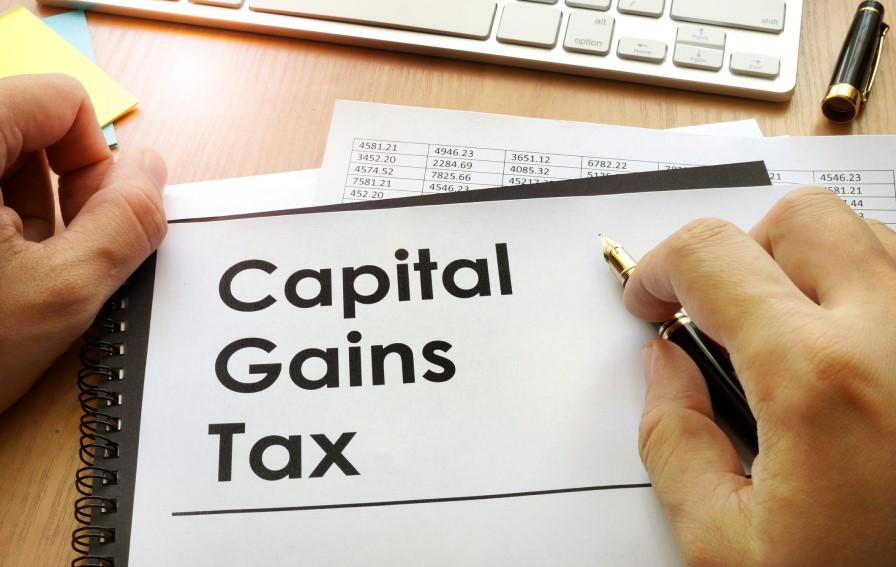In an attempt to repair the Federal Budget and lower the overall national debt, the government announced changes to the way super in accumulation phase are taxed over the threshold of $3 million. It will not affect those with super account balances below $3 million, which accounts for the majority of Australians.
Currently, earnings from super in the accumulation phase are taxed at a concessional rate of 15% regardless of balance. It is proposed that from the 2025-26 income year, the concessional tax rate applied to future earnings for those with super account balances above $3 million will be 30%. It will not apply retrospectively to earnings in previous years and does not impose a limit on the size of super account balances in the accumulation phase.
Affecting an estimated 0.5% of the people or around 80,000 individuals, the government indicates that it is a “modest” adjustment which is in line with its proposed objective of superannuation – to deliver income for a dignified retirement in an equitable and sustainable way. To illustrate just how little it affects ordinary Australians, in the latest ATO taxation statistics (relating to the 2019-20 income year), the average super account balance for Australian individuals is around $145,388, with a median balance of only $49,374.
In addition, according to ASFA (Association of Superannuation Funds of Australia) estimates, for a comfortable retirement, a single homeowner individual at 67 will need $65,445 per year. If that individual lives to the ripe old age of 100, that will only equate to an amount of $1.5m in super, well below the $3m proposed. Let’s take another unrealistic example of an individual aged 65 in 2023, hoping to retire by the time they reach the age of 67. If they had started contributing to super from 1992 (when compulsory super was introduced) and contributed up to the current concessional cap ($27,500) every year since 1992 for 33 years to the 2025 income year, they would have a capital amount of $907,500. Assuming a balance portfolio return of 6% per annum over the entire 33 years, that individual would still be shy of a $3m super account balance, coming in at $2.8m.
With younger Australians increasingly facing cost of living pressures, astronomical house prices, slow wages growth, and uncertain international headwinds, most have no hope of contributing up to the maximum concessional cap every year and attaining a super balance even close to $3m; short of winning the lotto or receiving a lucky inheritance. This effect is amplified for women who usually take time away from work or take up part-time opportunities to raise children and take on caring responsibilities. According to the latest Expenditure and Insights Statement released by the Treasury, revenue foregone from super tax concessions amount to $50bn per year, and the cost of these concessions is projected to exceed the cost of the Age Pension by 2050. With this single change, the government estimates that around $2bn in revenue will be generated in its first full year of implementation which can be used to reduce government debt and ease spending pressures in health, aged care and NDIS.
“More than 99.5 per cent of Australians will continue to receive the same generous tax breaks that help them save more for retirement through superannuation. The 0.5 per cent of individuals with superannuation accounts over $3 million will receive less generous tax breaks for balances that are beyond what is necessary to fund a comfortable retirement.” – The Hon Dr Jim Chalmers MP, Treasurer According to the Treasurer, the government will seek to introduce enabling legislation to implement this change as soon as practicable. Consultation will still be undertaken with the super industry and other relevant stakeholder to settle the implementation of the measure.
Speak to one of our accountants today if you have any questions or need assistance with the superannuation tax break changes.





